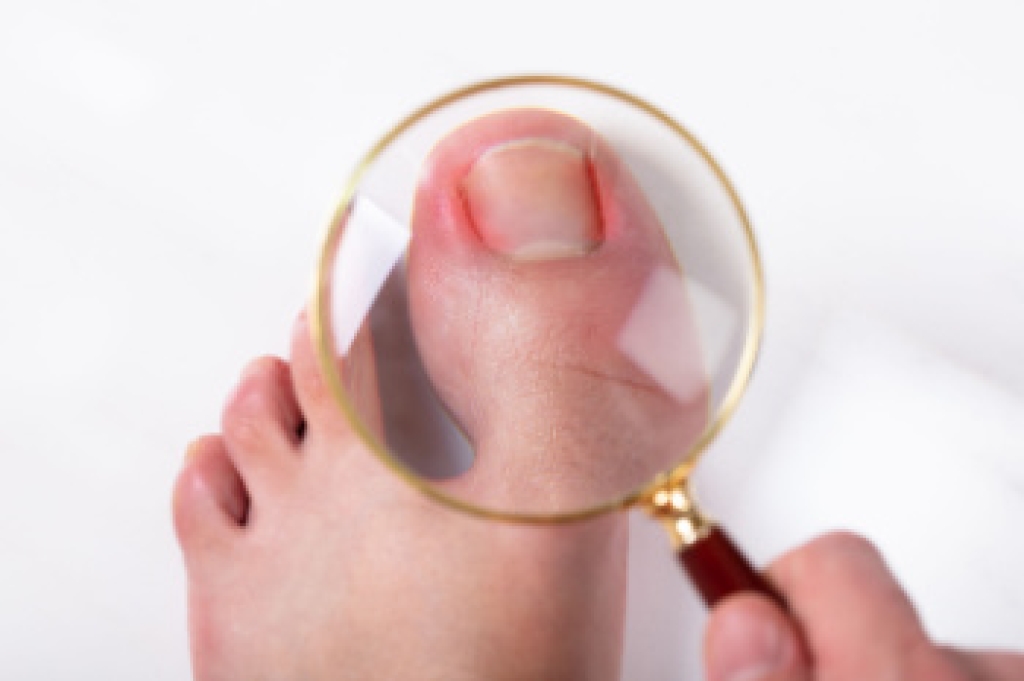
Heel pain in children is often caused by repetitive stress or overuse, similar to adults. A common cause is plantar fasciitis, which occurs when the thick band of tissue along the bottom of the foot becomes inflamed due to excessive strain. Other potential causes include Sever's disease, Achilles tendonitis, or poorly fitting shoes that lack proper support. The first thing to do to address heel pain is to have the child rest and reduce activities, like running or jumping that might worsen the condition. Ensure your child wears well-fitted shoes with good arch support and cushioning. If the heel pain persists or worsens, it is suggested that you schedule an appointment with a podiatrist to rule out more serious conditions and explore treatments such as orthotics, targeted exercises, or other interventions. Just as with adults, early treatment is essential to prevent long-term foot issues in children.
Many people suffer from bouts of heel pain. For more information, contact Richard Galperin, DPM of Texas. Our doctor can provide the care you need to keep you pain-free and on your feet.
Causes of Heel Pain
Heel pain is often associated with plantar fasciitis. The plantar fascia is a band of tissues that extends along the bottom of the foot. A rip or tear in this ligament can cause inflammation of the tissue.
Achilles tendonitis is another cause of heel pain. Inflammation of the Achilles tendon will cause pain from fractures and muscle tearing. Lack of flexibility is also another symptom.
Heel spurs are another cause of pain. When the tissues of the plantar fascia undergo a great deal of stress, it can lead to ligament separation from the heel bone, causing heel spurs.
Why Might Heel Pain Occur?
- Wearing ill-fitting shoes
- Wearing non-supportive shoes
- Weight change
- Excessive running
Treatments
Heel pain should be treated as soon as possible for immediate results. Keeping your feet in a stress-free environment will help. If you suffer from Achilles tendonitis or plantar fasciitis, applying ice will reduce the swelling. Stretching before an exercise like running will help the muscles. Using all these tips will help make heel pain a condition of the past.
If you have any questions, please feel free to contact our office located in Oak Cliff section of Dallas, TX . We offer the newest diagnostic and treatment technologies for all your foot care needs.




